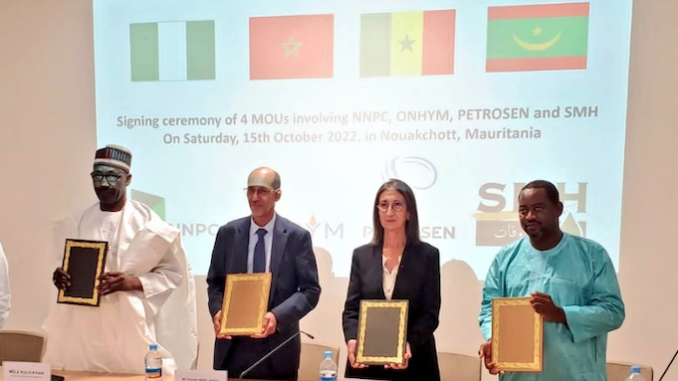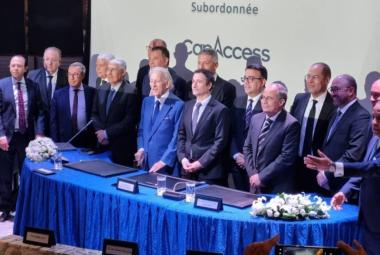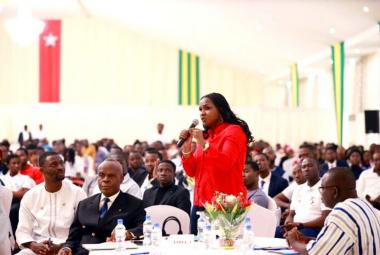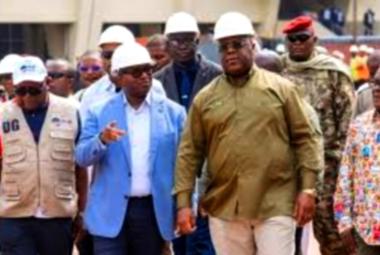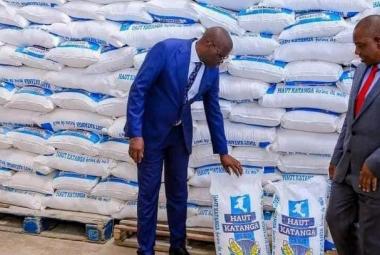pipeline project of which the Kingdom of Morocco is the engine.
Pending the final investment agreement for the Nigeria-Morocco gas pipeline project in 2023, the Moroccan authorities have decided to move the project forward with great strides. As if to leave the Algerian-led Nigeria-Algeria Trans-Saharan Gas Pipeline project far behind. The least that can be said is that Russia's invasion of Ukraine has sparked more interest in the gas projects that were on hold in Black Africa.
Senegal and Mauritania reaffirmed their commitment to be part of the Morocco-Nigeria gas pipeline project of which the Kingdom of Morocco is the engine. A confirmation that has earned the various countries concerned the signing of four memorandums of understanding, two of which were with the public company of Senegal, Petrosen, on the one hand and two others with the Mauritanian hydrocarbons company (SMH), on the other hand. This session took place in Nouakchott in Mauritania, on October 15th.
Were present at the said meeting, Adama Diallo, the Secretary General of the Ministry of Petroleum and Energy of Senegal, and Tourad Abdoul Baghi, the Director General of the Mauritanian Hydrocarbons Company (SMH). By affixing their signatures to the documents, they thus confirmed the commitment of Senegal and Mauritania to the offshore pipeline project sponsored by Morocco and Nigeria (NMGP).
On this occasion, the Managing Director of the Nigerian National Petroleum Corporation (NNPC), Mele Kyari said: "The integration of West African economies through the Nigeria-Morocco Gas Pipeline is essential for the economic growth of the region. NNPC Ltd is committed to converting the project into functional value for all transit nations." Only a month ago, the Economic Community of West African States signed on September 15 in Rabat, Morocco, the memorandum of understanding relating to the Nigeria-Morocco Gas Pipeline through the National Nigerian Petroleum Company Limited ( NNPC) and the National Hydrocarbons and Mines Office of Morocco (ONHYM).
Launched in 2016 in Abuja by King Mohammed VI of Morocco and President Muhammadu Buhari of Nigeria, the Nigeria-Morocco gas pipeline is a pharaonic project which will transport Nigerian gas via several West African countries to its destination. Spain and the rest of Europe, via Morocco.
Beyond the rivalries between Morocco and Algeria over gas projects, this offshore pipeline project will serve as a springboard for Africa to reposition itself economically in the context of geopolitical recomposition of the world. But it will also and above all serve to demonstrate that the example of cooperation between Morocco and Nigeria is an eloquent expression of South-South cooperation. And that, within the African continent itself, the development of this type of partnership is beneficial for all African populations if we come to overcome the eternal pitfalls internal to Africa, the most divisive. Namely the problems of national policies, xenophobia and racism.
By Daniel Yaoni



